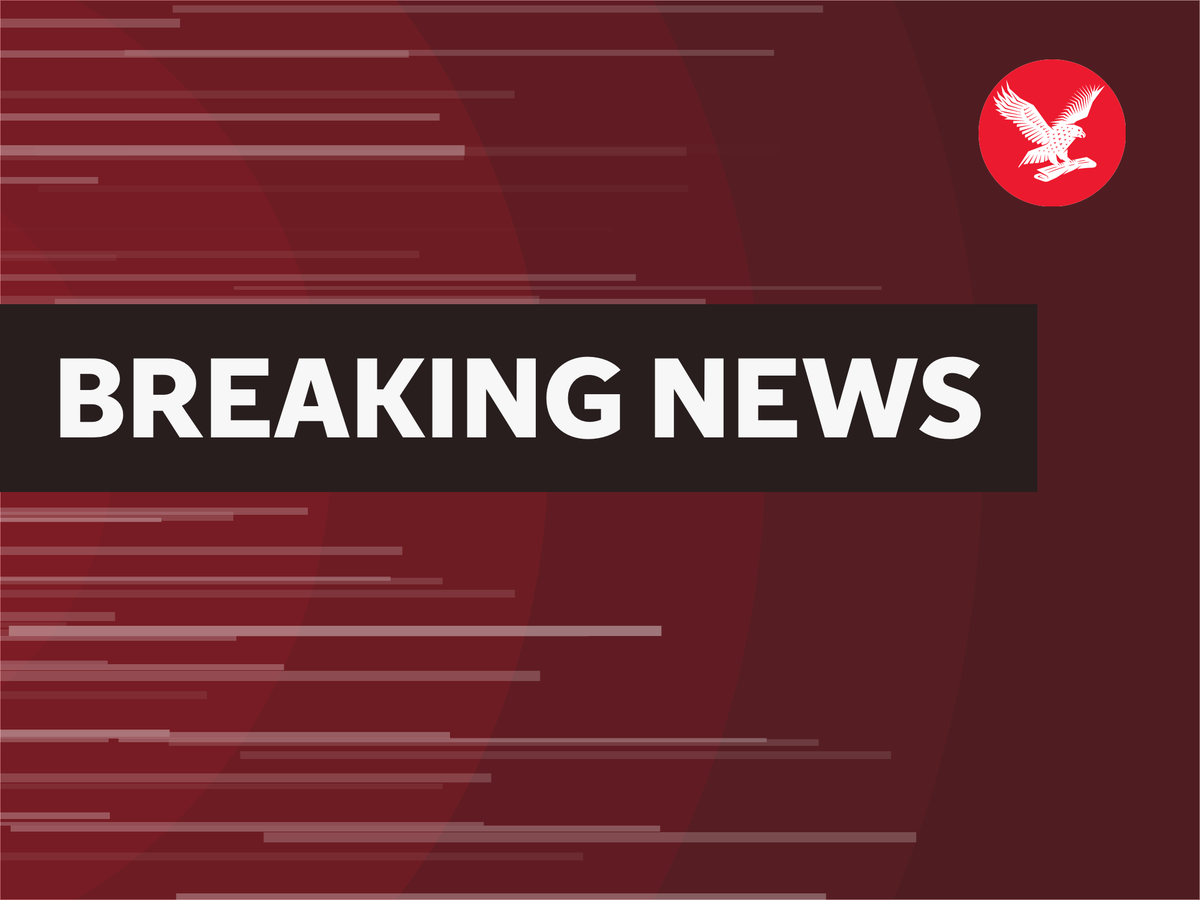Russia to launch spacecraft to International Space Station after floating lab hit by major leak

Russia will launch a new spacecraft to the International Space Station after the floating lab was hit by a leak.
The replacement spacecraft is an attempt to fix a problem that has been ongoing for weeks, after cosmonauts spotted that their capsule was spewing out fluid and particles into the atmosphere.
Since that incident in December, mission controllers at both Roscosmos and Nasa have been concerned about whether the spacecraft would be safe for use to return back down to Earth.
The affected capsule arrived at the International Space Station in September, inside a Russian Soyuz MS-22 spacecraft. It docked with the space station, where it would wait until the astronauts used it again to come back down to Earth.
However, the capsule sustained damage last month and began leaking coolant. That resulted in higher cabin temperatures and led to concerns about whether the spacecraft would be safe for the return journey.
After analyzing the situation and discussing it with Nasa, Roscosmos decided to launch a new Soyuz MS-23 capsule in crewless automatic mode on 20 February to take the trio back, Roscosmos chief Yuri Borisov told reporters.
In case of an emergency on the International Space Station that would require the evacuation of the entire crew before the new capsule arrives, space officials will consider whether the Soyuz MS-22 could be used safely, Borisov said.
The leak from the Soyuz MS-22 was spotted in December when the Russians were about to venture outside the station on a planned spacewalk and ground specialists saw a stream of fluid and particles emanating from the Soyuz on a live video feed from space.
Borisov said Wednesday that the analysis confirmed the leak was caused by a micrometeoroid.
Roscosmos and NASA both have said the incident hasn’t posed any danger to the station’s crew.
Along with Prokopyev, Petelin and Rubio, four other crew members are currently on the space outpost: NASA astronauts Nicole Mann and Josh Cassada; the Japan Aerospace Exploration Agency’s Koichi Wakata; and Anna Kikina of Roscosmos.
Additional reporting by Associated Press

